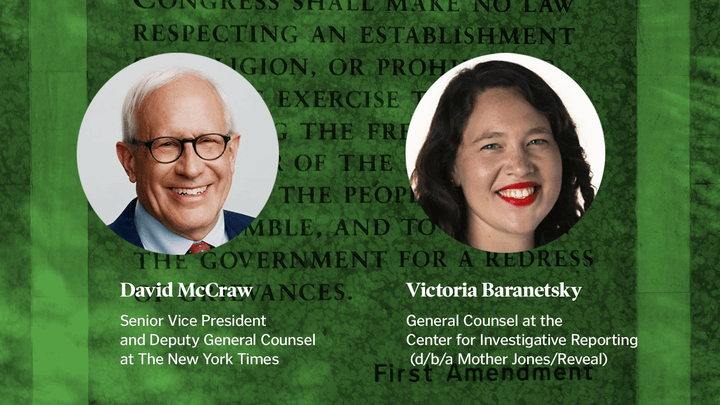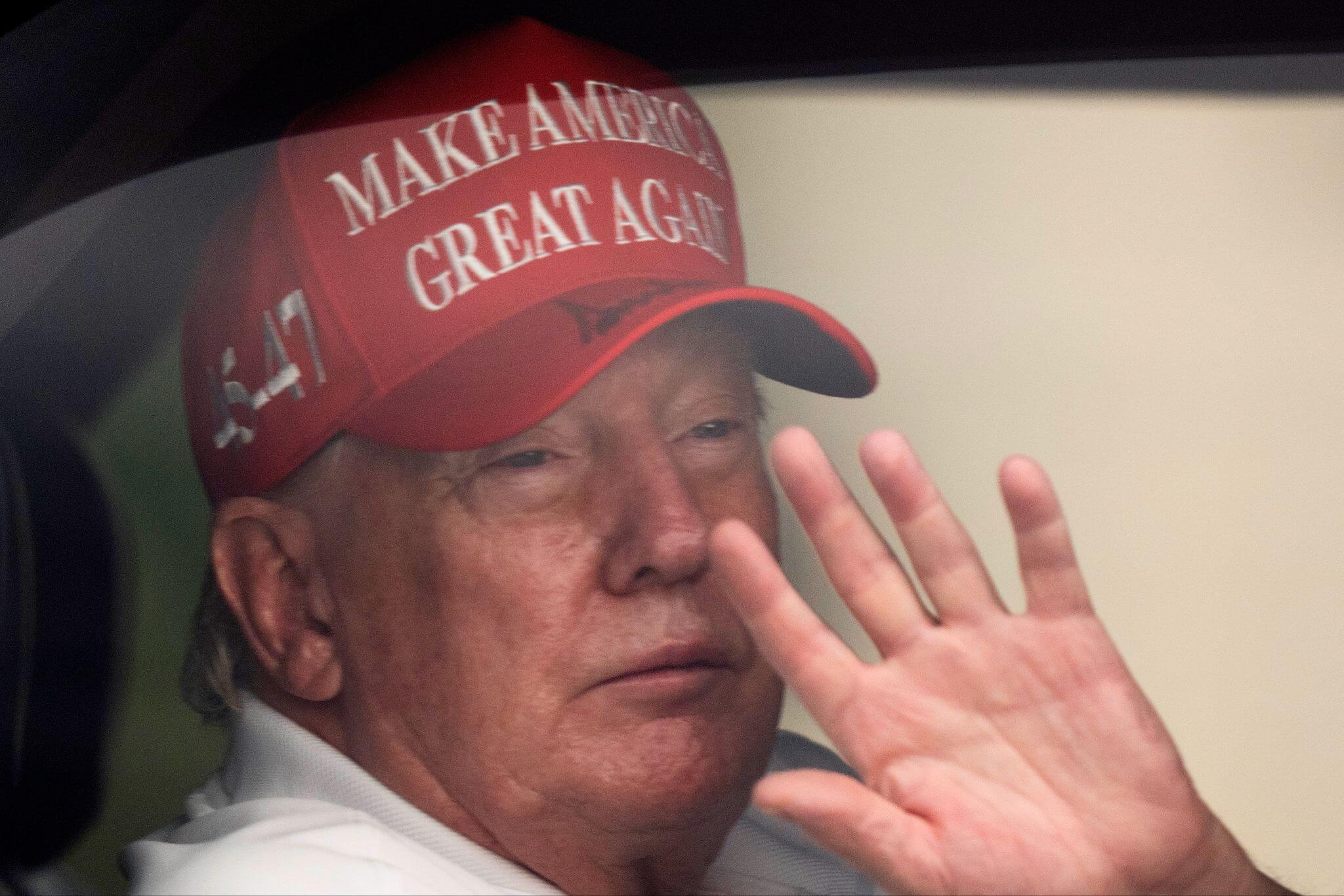At the northern tip of South Africa, bounded by Botswana, Zimbabwe and Mozambique, Limpopo Province might seem a world away from the ravages of the COVID-19 pandemic.
And yet this rugged land of mountains and savannah, lions and cheetahs, maize fields and platinum mines has not escaped. By April 15, when it reported its first death, the province had recorded 26 cases.
Like community newspapers in the U.S., the weekly Limpopo Mirror is covering the crisis intensively while advertising drains away. Owner Anton van Zyl, who joined the paper as a reporter in 1990, reflected on the challenges facing small publishers — some near-universal, like the dominance of social media platforms, others specific to his locality, like the 72 health clinics in the province that lack running water.
The English-language Mirror was founded in 1990, a few months before van Zyl came aboard. Its founders intended it largely to cover northern Limpopo’s Venda people, just as apartheid — South Africa’s harsh, state-mandated system of racial segregation — came to an end. Its older sister paper, Zoutpansberger, covers a nearby majority-white community and is published in English and Afrikaans.
This interview has been condensed and edited from emails and an April 16 video interview.
[the_ad id=”667826″]
Selvin: How are you managing? Many of your advertisers have been closed since South Africa’s lockdown began March 26.
van Zyl: We considered the obvious choice — close shop and wait for things to normalize. That way we will have a zero income, but at least we could control the expenses.
We simply could not. It would mean our correspondents are without any income. It would mean the small printing company that we use is without an income. (And they employ half a dozen or so people from rural areas who solely rely on the one-or-two-day-per-week job to put food on the table of families.)
But overall, we could not let our communities down. We felt like the band on the Titanic. We must keep on playing.
Selvin: Your correspondents have produced some indelible stories about the strain of social distancing and aid for Limpopo’s destitute. What has moved you the most?
van Zyl: The past week, I was simply taken aback when working through the copy they posted. Our two newspapers serve rural areas in the most northern part of South Africa. With the lockdown in place, it is difficult to reach all the areas. I encourage the journalists to, as far as possible, work from home and rely on WhatsApp to conduct interviews and obtain photos. Still, in spite of the difficulties, they managed to get to remote areas and reflect on how COVID-19 is affecting ordinary rural people.
In a small village at Hlanganani, one of our correspondents interviewed the owner of a barber shop. The honesty of the young man struck me. He appreciates the government’s efforts to fight this “unseen” enemy. He supports the call to isolate and stay at home. But he cannot stop working. His small business is the only means of income for him and his siblings. He is afraid that, should he be unable to put food on the table, they may go out and steal food. That specific community deals harshly with criminals and, if caught, they would be killed in a “bundu court” manner. In all likelihood, the community would then burn down his shop.
These are the type of stories that need to be told. If we also close down, there will be no one to reflect these realities.
[the_ad id=”667872″]
Selvin: You are a founding member of your country’s Association of Independent Publishers. What are the prospects for the survival of independent publishers now?
van Zyl: Like so many other small publishers, I go through the emotions of uncertainty, despair and anger. I get angry at the social media giants who moved in and usurped our revenue sources. The untouchable giants from a foreign country that pay no taxes here, that employ no local people, that have no presence in our remote area. The same ones that increased their ad procurement campaigns to benefit from a situation where billions of people are trapped in homes.
But it is not entirely Facebook’s fault. We get upset with the businesses that tell you they are not going to advertise during this period, yet you see them launch new Facebook ad campaigns. They buy environmentally friendly cars, they install solar panels at their houses and they only buy free-range chickens from selected supermarkets, but when it comes to advertising, it’s all about the “bargain.”
In the last couple of days, we have gotten some quiet support from the business community. We put out a map of essential services, and people are starting to contribute to support that.
Perhaps we needed something like this to show us that we’re heading for a calamity. Our industry needs an intervention, and this crisis will expedite the search for solutions. We feel local and national government should support local media with advertising during this period.
I do think we’re at the end of an era. I believe most of the independent weekly papers in the country won’t survive this. Many of these papers will only continue as online editions. It is very sad, but at the same time I am very proud of being part of the newspapers worldwide that continued operating during this period.
[the_ad id=”667878″]
Barbara Selvin, an associate professor at the Stony Brook University School of Journalism, writes frequently about weekly newspapers.






